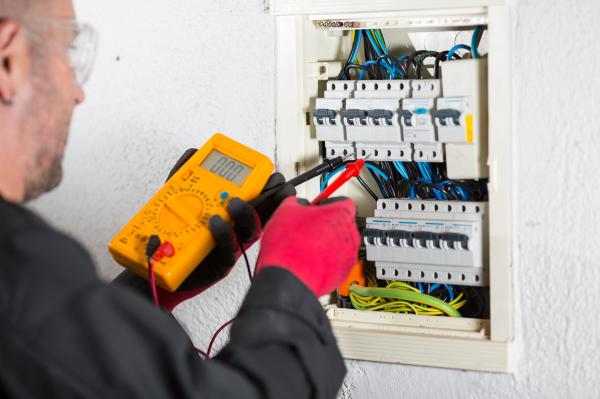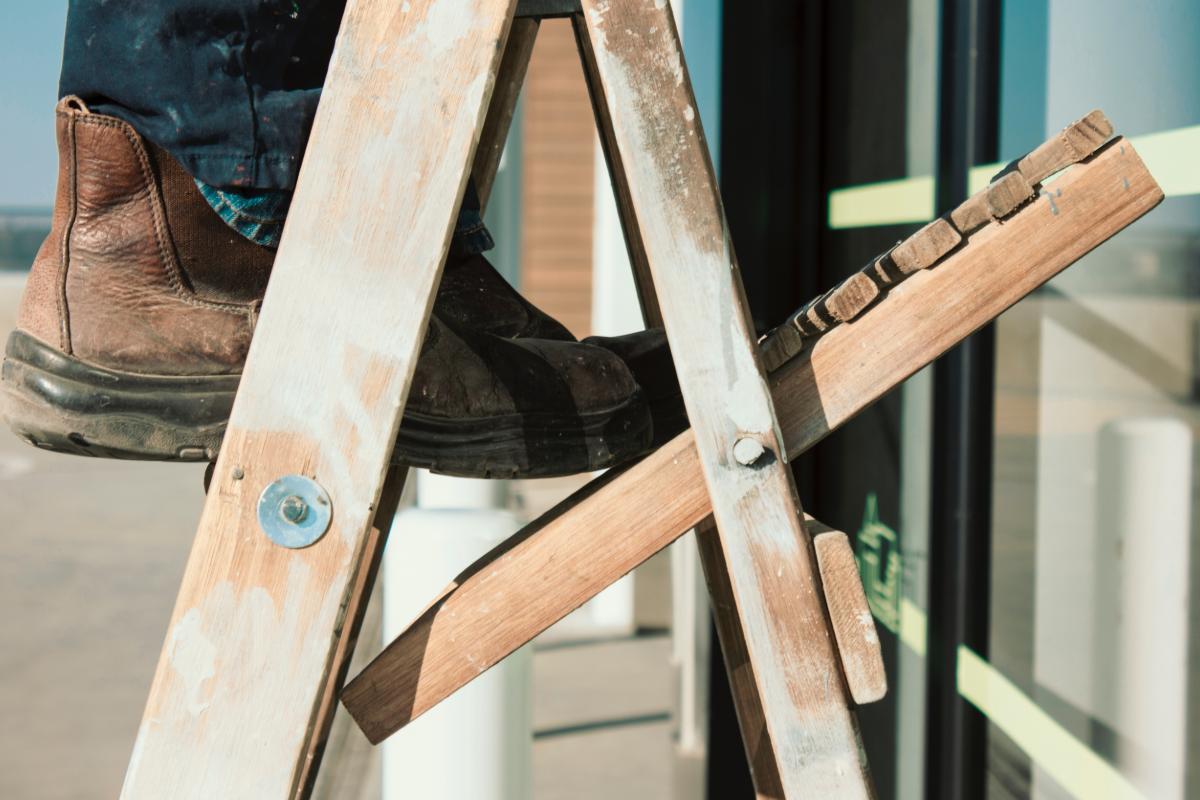
There's a lot of red tape you need to go through when you're
a landlord. You need to be aware of guidelines and be compliant with the latest
legislation. The problem of course is, the legislation is always changing.
Keeping up to date isn't easy, but to be compliant you and your property must
satisfy certain criteria. What are those criteria? Here’s the most frequent
questions we get asked on landlord compliance:
Is my property energy efficient?
An Energy Performance Certificate is the first thing you
need to be legally compliant. Without an EPC you can't market your property.
Since April 2018 it's been compulsory for rental properties to achieve a
minimum efficiency rating of 'E'. If your property doesn't meet this
requirement, you'll be unable to rent it out. You also must give your tenant a
copy of the current certificate.
Why do I need a Gas Safety Certificate?
As a landlord, you have a duty to provide a safe home for
your tenants. Part of this duty is to ensure any gas appliances are in good
condition and safe to use. This is why you must have a Gas Safety Certificate.
The certificate is valid for twelve months and only a qualified and registered
Gas Safe engineer can issue such certificate. The engineer will check the
supply, pipework and all appliances. You must retain a copy of the certificate
for at least two years and must also give your tenant a copy of the current
certificate.
Do I have to register my tenant's deposit?
Yes, you must register the deposit as it is a legal
requirement. It's amazing how many new landlords still fail to protect their
tenant's deposit and are oblivious to the seriousness of the consequences
related to this failure. When your tenant pays you their deposit you must
protect it in a government approved scheme within 30 days. Not only that - you
must also give your tenant copies of all the prescribed information. This
includes information on which scheme is protecting the deposit and how the
tenant gets their money back at the end of the lease.
Don't forget the rules about how much you can ask for a
deposit have changed. You can use our handy calculator to
see how much you can ask your tenant to pay as a security deposit.
What are right to rent checks?
As a private landlord you can only let your property to a
tenant who has the legal right to rent in the UK. You have the responsibility
of checking IDs and ensuring the tenant is in the UK legally. If you do let
your property to someone who is in the country illegally you could face a hefty
fine. You must ensure you check every tenant and must also do follow up checks.
You can find out more about Right to Rent checks here.
What paperwork must I give to my tenant?
We've already mentioned you must give your tenant certain
paperwork. This includes copies of the EPC and Gas Safety Certificate, prescribed
information about the deposit protection scheme you use, as well as a copy of
the government's How to Rent booklet. This is something easily overlooked but
you must give your tenant a hard copy. An emailed attachment is sometimes
acceptable.
Do I have to fit smoke alarms?
Yes, every inhabitable story of a property must have a
working smoke
alarm. You should test each alarm on a new tenant’s first day in the
property. In addition, if there are any solid fuel burners in the property you
must install a carbon monoxide alarm.
What about licensing?
If your property is an HMO you will need licences. But some
local councils will also licence all private landlords. This varies across the
country so you should check with your local authority.
What about health and safety?
You know you have an obligation to provide a property fit
for human occupation. This means it
needs to be clean and definitely free
from pests. But you must also perform a risk assessment to ensure there’s
no chance of Legionnaires disease breaking out. Basically, this means making
sure the hot and cold water systems are working correctly. Understandably this
legal requirement does baffle many landlords but you can read more about it on
the Health
and Safety Executive website.
What do I need to do about electrical safety?
Unlike gas, there is no legislative requirement to obtain an
electrical safety certificate at the moment. But all electrical appliances must
be in good condition and safe to use. Therefore, it makes sense to have an
electrician service and inspect appliances regularly.
Can I charge extra fees?
In days gone by some landlords liked to charge their tenants
fees on top of the rent. These could be anything from a fee for keeping a dog
to penalty fees for holding late night parties. However, since the passing of
the Tenants Fees Act what you can or can’t charge is tightly controlled. Landlords
can no longer charge unreasonable and unethical fees. You can find out more
about the tenant fees ban here.
Landlord compliance – the final word
From the list above you can see there’s plenty a landlord
must remember when it comes to legal compliances. But apart from a logistical
headache there are very real financial consequences involved if you don’t
comply with all your obligations.
There are serious financial penalties for not complying with
Right to Rent checks and your tenant could be in line for a great deal of
compensation if you fail to protect their deposit. There are also penalty
charges for not maintaining a property in good repair and for not complying
with licensing requirements. So, it makes good financial as well as common
sense to be fully compliant.
Landlords can make sure they’re fully compliant by
subscribing to the MakeUrMove Good Landlord package. For only £12 a month we’ll
make sure you’re up to date with all your legal obligations. And we’ll even
collect your rent for you, find and reference tenants and lodge their deposit.
You can find more details here.







